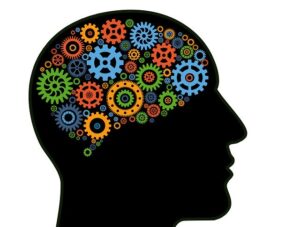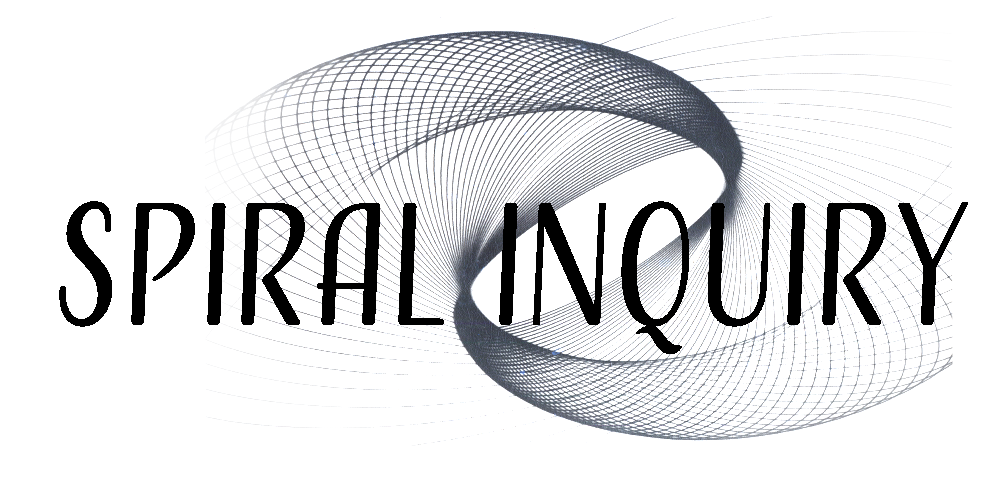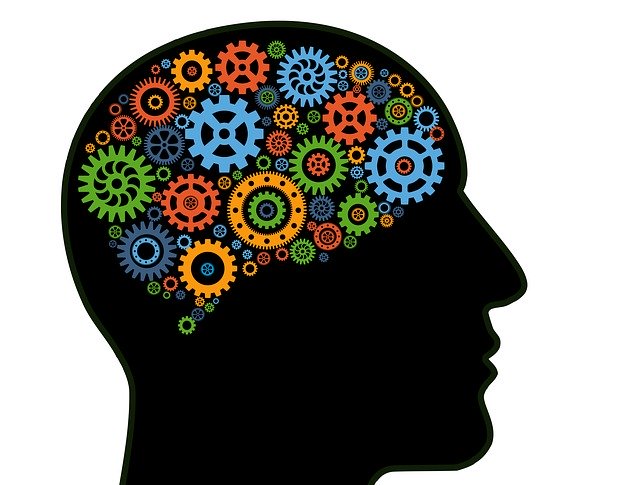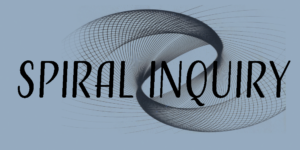Originally published September 27, 2013, in the Forum on the Integration of Science and Spirituality.
It’s hard to imagine a more rationally stimulating area of science than the study of the brain. Yet the remarkable field of Neuroscience seems determined to deny itself. Recent research points to the influence on our decisions of a vast array of innate, genetic, experiential and motivational factors of which we are unaware. The conclusion – the “rational” mind does not make decisions – it is merely rationalizing our pre-determined choices. So much for free will – and for a directing influence of rational consciousness in our pursuit of good choices and deep questions (such as the nature of mind and brain).

The Free Will Argument
Recent articles, including (1) “The Brain on Trial” in Nautilus, and (2) the Big Questions Online (Templeton Foundation) topic “Does Contemporary Neuroscience Support or Challenge the Reality of Free Will?”, review the latest developments in Neuroscience which suggest that the human brain does an incredible mount of work in processes that are invisible to our conscious awareness. Memory links, emotional associations, instinctive reactions, social cues, autonomous physical responses – all function below conscious thought. Indeed, much of conscious thought is as a result of these processes bubbling up. The neuroscientists seem to take these findings to an extreme – in a sense denying the very activity of rational thinking they practice.
In (1), Robert Burton argues that purely rational thought is impossible – subconscious machinations guide our most profound decisions. “Neuroscience has largely debunked the idea of an autonomous self that has the final say in decisions.”
Eddy Nahmias confirms in (2) that “Most scientists … say that neuroscience demonstrates that we are not the authors of our own stories but more like puppets whose actions are determined by brain events beyond our control.“
Neuroscientists like Burton seem determined to extrapolate from the finding that “we are at the mercy of opaque internal forces” to the conclusion that this refutes the belief “that we are capable of conscious and complex decision-making.” (1) In fact, however, we humans practice complex decision-making constantly on a daily basis. This process may be largely directed by information, emotional inputs and deep biases of which we are largely unaware, but that does not prove that our decisions are pre-determined, nor does it prove that our decisions are immune to the influence of rational thinking.
Eddy Nahmias takes the Burton point of view to task, referring to its adherents as willusionists. “There are several ways willusionists reach their conclusion that we lack free will. The first begins by defining free will in a dubious way. Most willusionists’ assume that, by definition, free will requires a supernatural power of non-physical minds or souls…… But there is no reason to define free will as requiring this dualist picture. “ In addition, “willusionists also argue that … “brain activity always completely determines what we do before our conscious thinking ever comes into the picture…. . But the data does not show that brain activity occurring prior to awareness completely causes all of our decisions.” He goes on to say: “We are subject to biases and influences beyond our awareness, and we sometimes confabulate or rationalize our behavior. But our stories are not always fiction. Other research suggests that our deliberations and decisions can have significant causal influences on what we decide and do.”
The Path Forward
This is a refreshing and pragmatic counterpoint to the dogma of behavioral determinism. It also a relief to see this point of view gaining ground in the professional discussions. One published comment on the BQO article from eminent psychologist Martin Seligman is particularly encouraging. Seligman refers to an upcoming paper co-authored by Seligman, Railton, Baumeister and Sripada titled “Navigating into the Future or Driven by the Past: Prospection as an Organizing Principle of Mind”,
Seligman notes that “the metaphysical debate has reached a stalemate”, and as one strategy for moving forward he argues that researchers should “put questions of psychology ahead of questions of metaphysics”. The effort begins by asking “what component psychological mechanisms or capacities a creature needs to have in order to be free and autonomous”, and then builds on active research from psychology and brain science to extend our understanding of what the requirements are for us to be “freely willing”.
There is a subtle and significant evolution in understanding represented by the use of the words “freely willing” as opposed to the conventional term “free will.” The term “free will” implies a dualism between mind and brain that provokes disagreement – whereas the term “freely willing” refers to intentionality and behavioral outcomes that are more amenable to observation. This evolution also fits the more sophisticated notions of causation that we are beginning to see in discussions in physics. In the neuroscience debate, a choice may be seen as an outcome emerging from the lower order processes of neuronal circuitry – but that emergent phenomenon may be guided by, e.g. caused by, a higher level ordering process, that of conscious willing.
Changing the language in this case changes the reference frame, and it seems that this change will provide a more fertile ground for the future, and inevitable, metaphysical and spiritual discussions.

















[…] [2] Resolving a Self-Contradiction in Neuroscience, by George Gantz, posted Sep 27, 2013, Swedenborg Center of Concord. […]